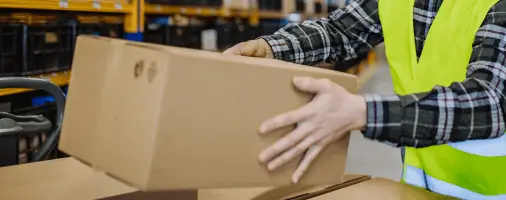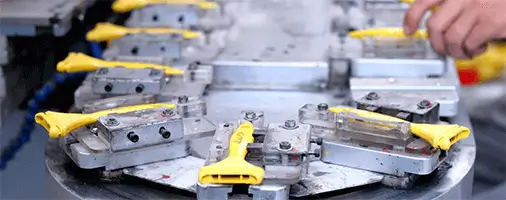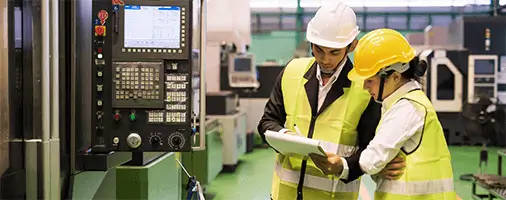
Factory Audit Standard
Find Out Standards for Different Factory Audit Types, Support You to Pick the Right One for Supply Chain.
Types of Factory Audits: Which One is Right for You
Factory audits are essential tools for assessing a supplier's ability to meet your requirements. They help identify potential risks, ensure compliance with regulations, and verify the supplier's capacity to deliver quality products. Here's an overview of the different types of factory audits and which one might be right for you.
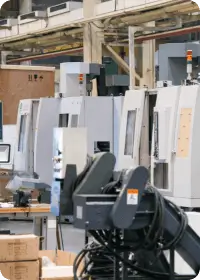
Basic Factory Audit (Quality Audit)
A Basic Factory Audit is a comprehensive review of the supplier's manufacturing facility to ensure they meet your basic requirements in terms of production capacity, quality control processes, and overall compliance. This audit typically covers the most critical aspects of a supplier's operations.
Focus: General assessment of factory conditions and basic quality systems.
Ideal For: Companies looking to verify a supplier's capacity and quality processes before beginning a partnership.
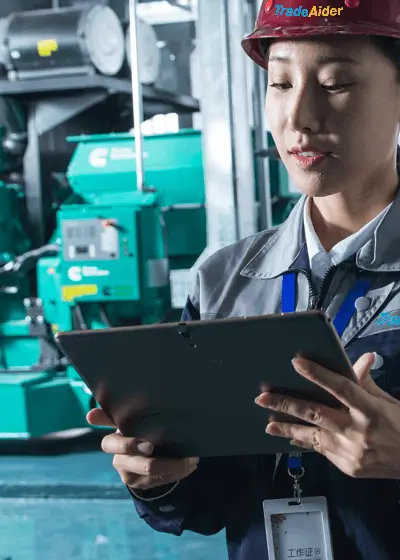
Quality System Audit
This audit assesses the supplier's management system and processes related to product quality. It ensures that the factory follows standardized quality control procedures, such as those defined in ISO 9001 or other industry-specific guidelines.
Focus: Evaluation of quality management systems and production processes.
Ideal For: Companies seeking detailed information on a supplier's internal quality controls and capacity for consistent production.

Social Compliance Audit
Social compliance audits assess the factory's labor practices and adherence to international labor standards. Common frameworks include SA8000, SMETA, and BSCI, which focus on working conditions, worker rights, and ethical practices.
Focus: Labor practices, working conditions, and adherence to ethical standards.
Ideal For: Companies concerned with ethical sourcing and ensuring compliance with global labor standards.
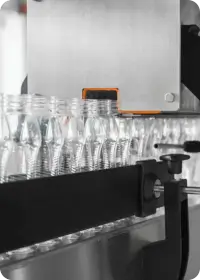
Good Manufacturing Practices (GMP) Audit
The GMP Audit is a specialized quality audit that applies to manufacturers in specific industries (e.g., pharmaceuticals, food, and cosmetics). It ensures that the factory follows guidelines focused on product safety, efficacy, and quality.
Focus: Adherence to safety, hygiene, and manufacturing standards related to product safety.
Ideal For: Companies in regulated industries requiring stringent manufacturing conditions.
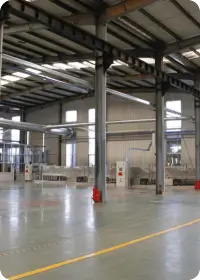
Environmental Audit (ISO 14001)
Environmental audits evaluate whether a supplier is adhering to environmental management practices, including waste management, energy use, and pollution control. ISO 14001 is a widely recognized standard for these audits.
Focus: Environmental sustainability and compliance with environmental regulations.
Ideal For: Companies looking to ensure their suppliers are environmentally responsible.
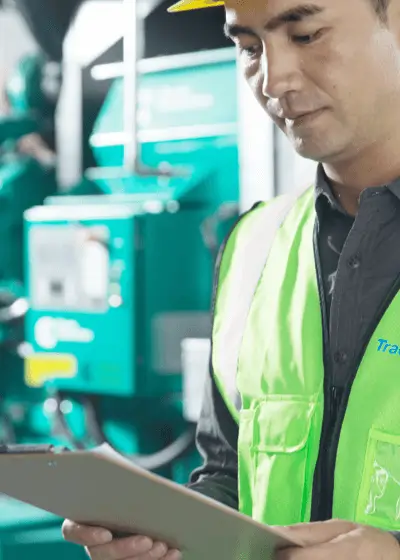
C-TPAT Security Audit
The C-TPAT Security Audit is specifically designed for suppliers shipping to the U.S. under the Customs-Trade Partnership Against Terrorism (C-TPAT) program. It ensures that the factory meets security requirements related to the transportation of goods.
Focus: Security practices and compliance with C-TPAT regulations.
Ideal For: U.S.-based companies or those dealing with U.S. imports requiring security compliance.
Basic Factory Audit and Quality System Audit Standard
Factory-audit-and-supplier-qualification-services

ISO 9001 is a globally recognized quality management standard issued by the International Organization for Standardization (ISO) TradeAider Factory Audit is based on a checklist derived from the ISO9001 series (a set of quality standards developed in 1987 by the International Organization for Standardization), that's factory audit standard comes out. The audits are one of the most undervalued tools for ensuring optimum product quality and on-time delivery; importers typically rely on quality audits to understand a supplier's production capabilities and internal quality controls, Since many foreign manufacturers are ISO 9001 Certified, but the certificate alone doesn't guarantee that the supplier actually embodies the standard's principles in their operations, Certifications can often be falsified in China and elsewhere, and even honest suppliers sometimes lose compliance between official audits. So the manufacturing audit checks the supplier's production facilities for implementation of policies and practices compliant with ISO 9001 standards.
Key Criteria for Factory Audits
01
Basic Facilities
02
Facility Walkthrough
03
Machinery Conditions and Maintenance
04
Supplier Management
05
Incoming Quality Controls for Materials and Components
06
During Production Controls
07
Final Product Inspection
08
Lab Testing Capabilities
09
Delivery/Loading Conditions
10
Production Capacity
11
Quality Management System Review
12
Review of Key Documents
13
Design Control
14
Control of Measuring & Testing Equipment
15
HR Resource Management and Training System
16
Social Environment Responsibility
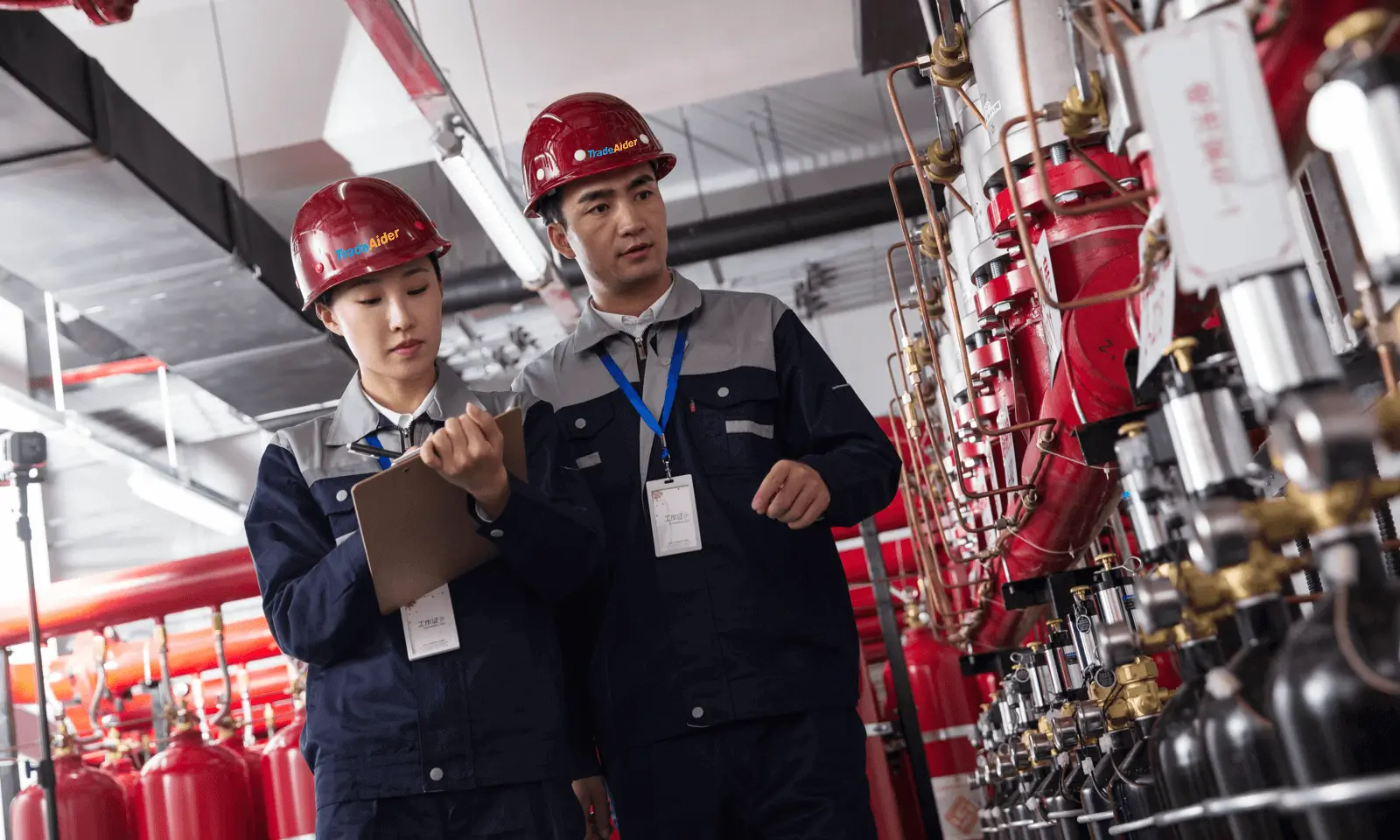
The audits can help you evaluate a supplier's internal quality controls, equipment maintenance, and tool verification procedures so that the services can be served as a supplier qualification process.
The factory audits might also include checking ethical violations and social compliance, but they can't serve as a replacement for below extensive social compliance audit standard SA8000 or SMETA.
Social Compliance Audits
Social compliance audits are sometimes also called social audits, ethical audits, or social accountability audits. Importers rely on this type of factory audit to verify and monitor their supplier's working conditions for compliance with international labor standards. Social audits also help retailers and brands manage social compliance risks that could impact their company's reputation. Unethical labor practices and factory disasters like fires collapses, and explosions can all result in negative publicity for brands But the audit fatigue caused by the lack of a standardized audit, suppliers have been subject to many different social compliance audits for different retailers or customers, so may retailers now accept international frameworks.

SA 8000
SA8000 is a voluntary standard based on the UN Declaration of Human Rights and the International Labour Organization (ILO) conventions. The standard was created in 1997 by Social Accountability International, a leading global non-profit organization in the human rights field. It's a good choice for importers who don't need to meet a specific retailer requirement or are conducting a social compliance audit for the first time. SA8000 is a way for importers to ensure fair and decent working conditions throughout their supply chain. it assesses major areas of the supplier's working conditions including

Child Labor
Forced Labor
Health and Safety
Discrimination
Discipline
Working Hours
Remuneration
Management Systems
Freedom of Association and Right to Collective Bargaining
The auditor typically assesses the factory's conditions by interviewing workers and management staff, reviewing documents, and conducting a walkthrough of the facility.
SMETA Audit (Sedex Audit)
Supplier Ethical Data Exchange (Sedex) is a non-profit membership organization dedicated to improving ethical business practices in global supply chains. Sedex's factory audit standard is known as the Sedex Members Ethical Trade Audit (SMETA). SMETA audits are one of the most common factory audit standards in the world—Sedex currently boasts over 50,000 members.
SMETA audits are more detailed in some respects than SA8000 audits. Basically, SMETA has two audit frameworks: a 2-pillar audit and a 4-pillar audit. All SMETA audits include the following elements:
- Universal rights covering the United Nations Guiding Principles (UNGP)
- Management systems
- Entitlement to work
- Subcontracting and homeworking
- Environment (shortened)
- Labor standards
- Health and safety
The 4-pillar audit includes all the above checks in addition to the following two modules:
- Environment (extended) – this pillar replaces the shortened version above.
- Business ethics
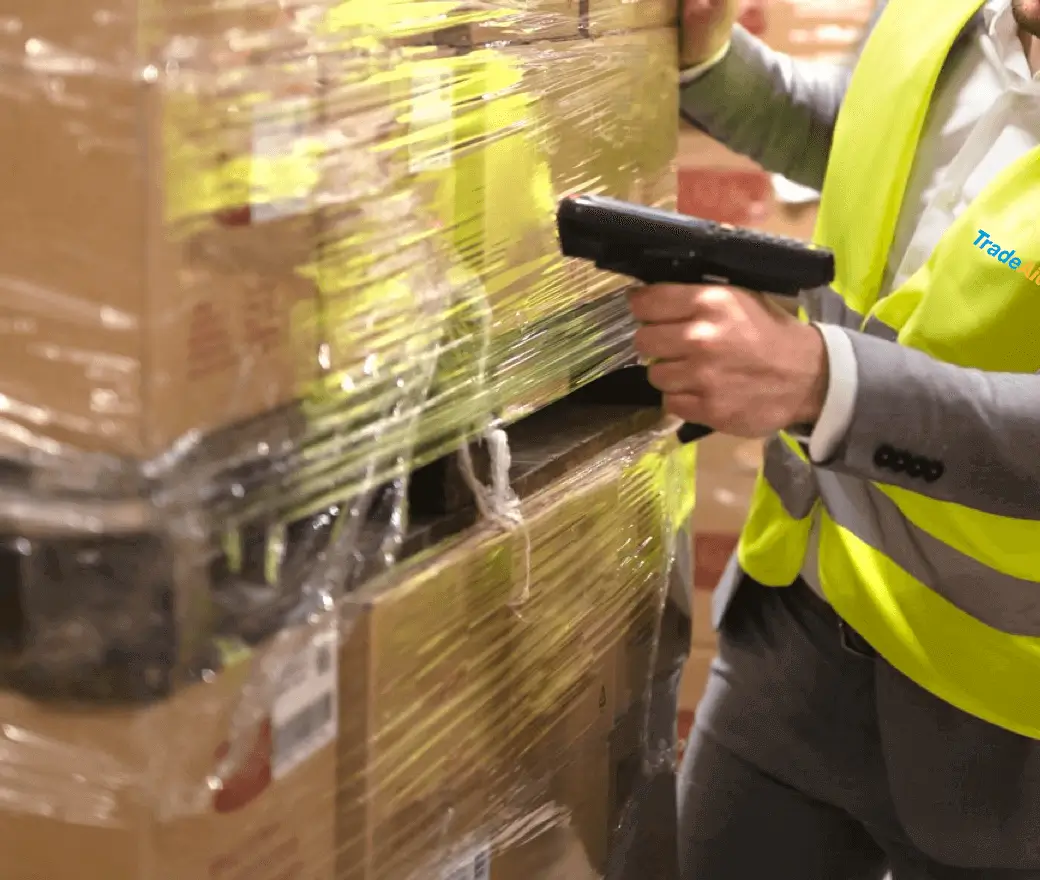
BSCI Audit
The Business Social Compliance Initiative (BSCI) is a leading supply chain management system that supports companies to drive social compliance and improvements within the factories and farms in their global supply chains. BSCI implements the principle of international labor standards protecting workers' rights such as International Labor Organization (ILO) conventions and declarations, the United Nations (UN) Guiding Principles on Business and Human Rights, and guidelines for multinational enterprises of the Organization for Economic Co-operation and Development (OECD). amfori BSCI (Business Social Compliance Initiative) is one of the fundamental protocols for social audits chosen by companies worldwide.
Working hours and fair compensation
Occupational health and safety
Child labor and protections for younger workers
Forced/bonded labor and precarious employment
Freedom of association and collective bargaining
Ethical business behavior
Discrimination
Environmental protection
ETI (Ethical Trading Initiative)
The Ethical Trading Initiative (ETI) is an alliance of companies, trade unions, and non-governmental organizations that promotes respect for workers' rights through lobbying and helping brands create and enforce fair codes of labor. Brands and retailers which are part of the alliance take responsibility for improving the working conditions of workers in our modern, vast, and complex supply chains. These codes are based on nine areas: freely chosen employment; freedom of association and the right to collective bargaining are respected; safe and hygienic working conditions; absence of child labour; paid living wages; no excessive working hours; no discrimination; regular employment, as well as no harsh and inhumane treatment.
Get Expert Support for Your Product Inspection Services
Explore our comprehensive inspection services below:
Grow your business with TradeAider Service
Click the button below to directly enter the TradeAider Service System. The simple steps from booking and payment to receiving reports are easy to operate.

